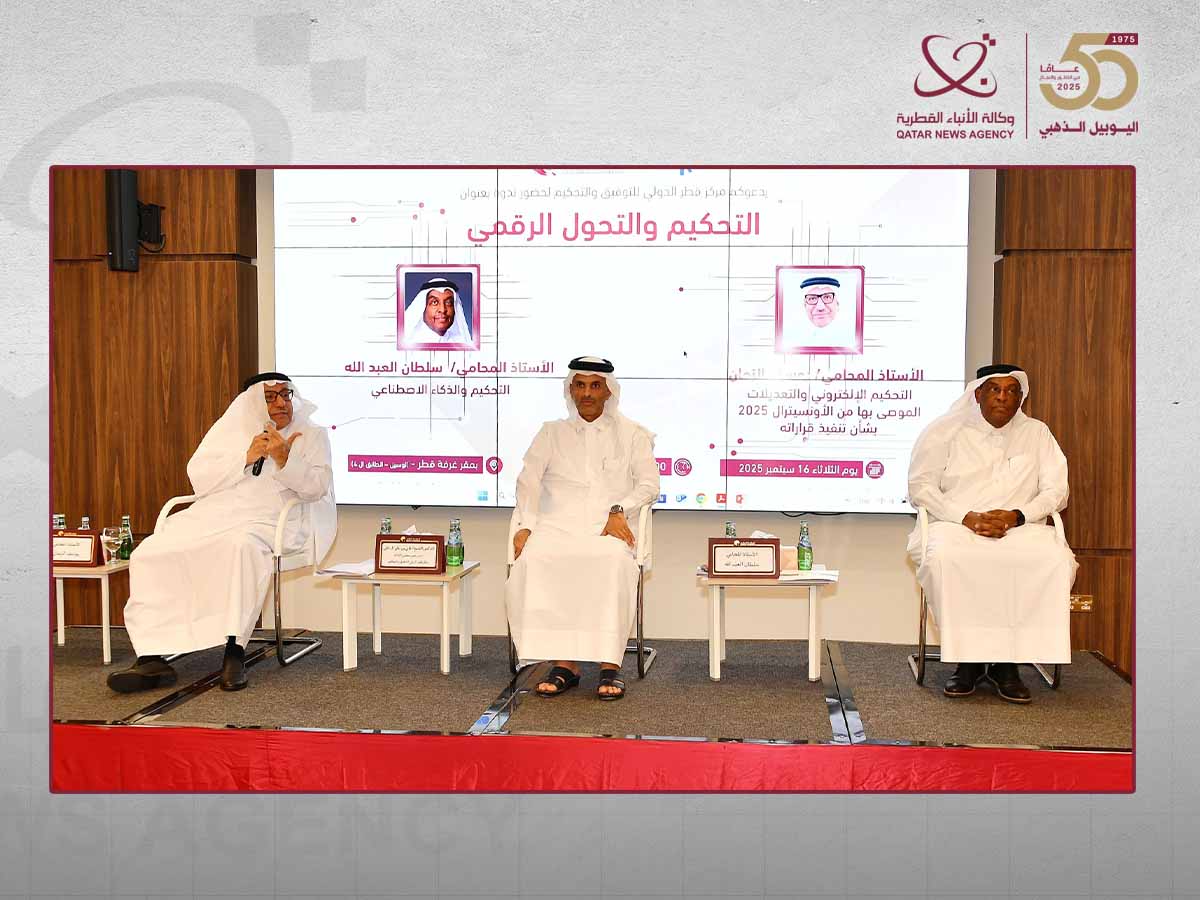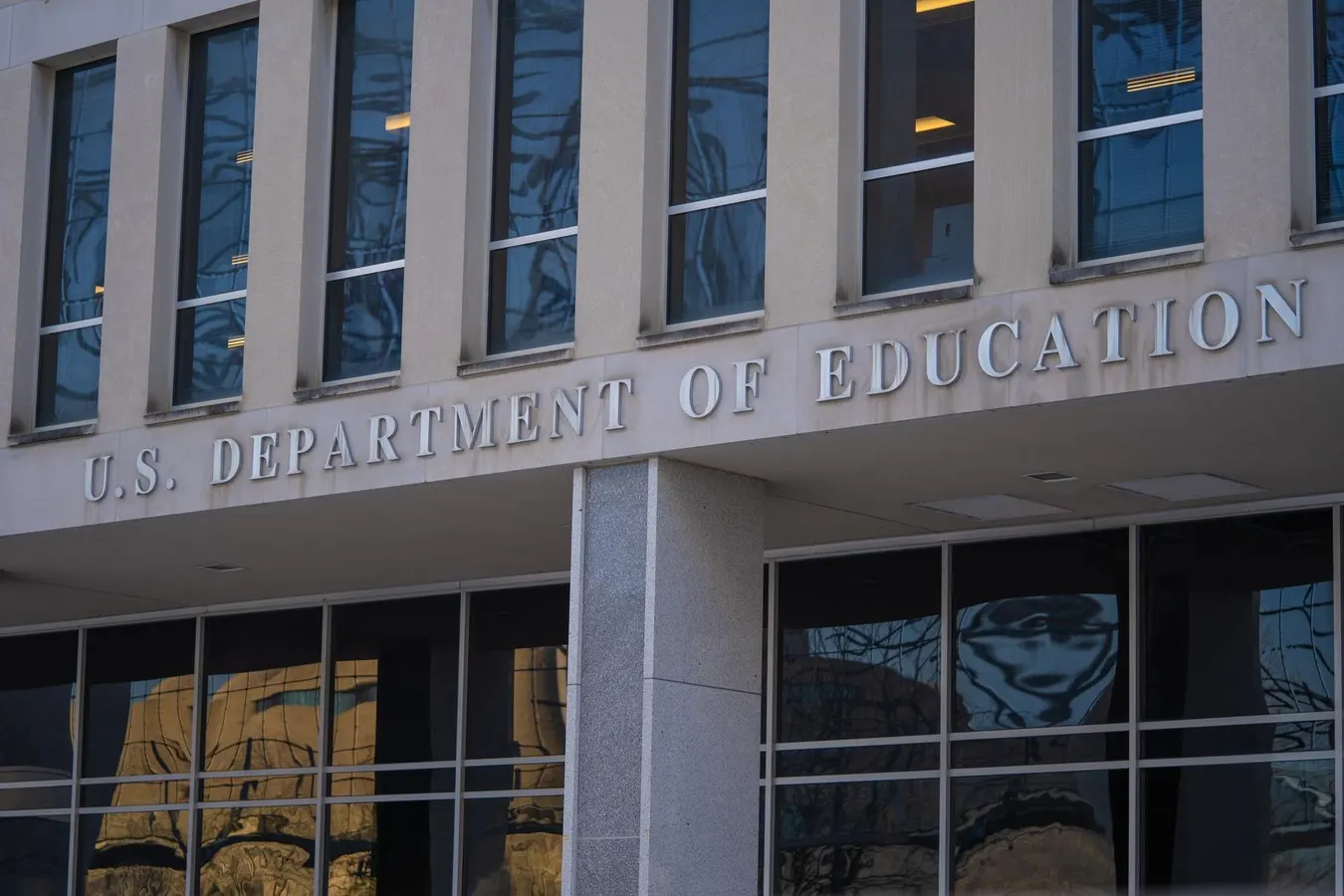By Ibrahim Shahbik
Copyright qna

Doha, September 17 (QNA) – HE Vice Chairman of the Qatar International Centre for Conciliation and Arbitration (QICCA) at the Qatar Chamber Sheikh Dr. Thani bin Ali Al-Thani emphasized that electronic arbitration is a vital mechanism for enhancing the speed and efficiency of resolving commercial and financial disputes, especially amid rapid digital transformation and the increasing reliance of businesses on modern technologies.
This came in his remarks at a seminar organised by QICCA, in cooperation with the International Chamber of Commerce Qatar (ICC Qatar), titled “Arbitration and Digital Transformation.” The seminar featured discussions by lawyers Yousef Al Zaman and Sultan Al Abdullah and was attended by Ibrahim Shahbik, QICCA’s Secretary-General.
HE Sheikh Dr. Thani emphasised that online arbitration offers disputing parties greater flexibility in terms of time and location, while also reducing the administrative and legal costs often associated with traditional procedures.
He added that it enables transparent and secure electronic documentation of all stages of the dispute, thereby enhancing trust between parties and safeguarding legal rights.
He further noted that electronic arbitration helps improve the business environment by providing investors with quick and effective dispute resolution mechanisms. This, in turn, supports both local and international investments and strengthens the appeal of the Qatari market.
In a working paper titled “Electronic Arbitration and the Recommended Amendments of UNCITRAL 2025 Regarding the Implementation of its Judgments,” lawyer Yousef Al Zaman examined the definition of electronic arbitration, the legitimacy and enforceability of electronic arbitration clauses, and their evidential strength under national and international laws.
He highlighted UNCITRAL’s 2025 initiatives to promote recognition of electronic arbitration through the e-Arbitration Awards Initiative
Al Zaman noted that e-arbitration has become a prominent manifestation of alternative dispute resolution in the digital commerce era, offering a practical means of resolving disputes without the constraints of traditional, paper-based arbitration procedures.
He also pointed out that legislation has been updated to validate electronic documents on par with paper documents, citing rulings by the Qatari Court of Cassation and UNCITRAL amendments that confirm the force and validity of electronic arbitration clauses, particularly when supported by electronic evidence.
For his part, lawyer Sultan Al Abdullah presented a working paper titled “Arbitration and Artificial Intelligence,” exploring Qatar’s arbitration system and its evolution in the age of AI. He stressed that AI cannot replace legal research, referencing guidelines issued by the Chartered Institute of Arbitrators (CIArb) on AI use in arbitration.
Al Abdullah also highlighted QICCA’s rules adopted earlier this year and commended the Centre’s commitment to technology, including electronic filing, digital signatures, virtual hearings, and alignment of arbitration practices with modern standards. (QNA)



